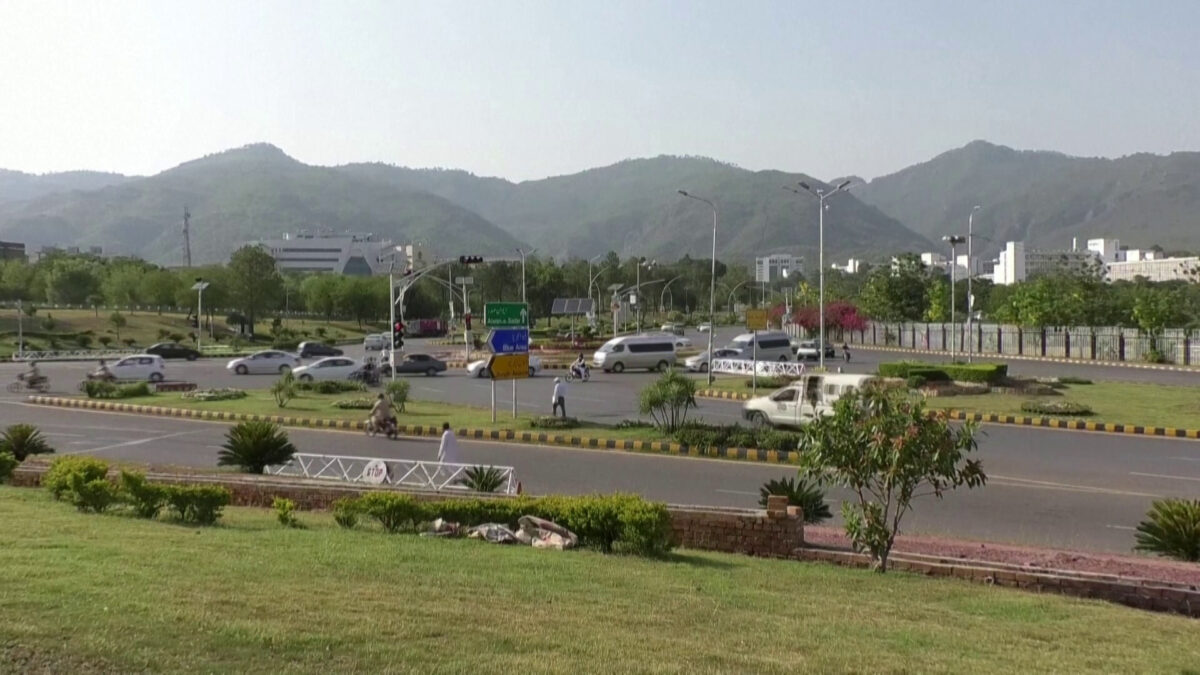With only three days left until the Pakistani government’s deadline for undocumented migrants to leave the country, more than 1.7 million Afghan nationals residing in Pakistan are facing a challenging and uncertain situation, some of them fearing potential repercussions from the Taliban, which currently governs Afghanistan.
Some migrants from Afghanistan have reported that they are prohibited from renting houses and accessing basic living amenities. In response to the deadline announcement, Islamabad has introduced additional policies, such as restricting Afghan nationals from carrying more than 180 US dollars and seizing their property.
Mohammad Rafi Amin, an Afghan migrant, explained, “House owners are pressuring migrants to vacate their residences out of fear of government prosecution.”
Pakistan’s treatment of Afghan immigrants has drawn criticism from international human rights organizations, including Amnesty International and the UN Commission of Human Rights, who view Pakistan’s policies as human rights violations and have called for a reconsideration of the decision.
Amir Mir, the Minister of Information for Punjab province in Pakistan, disclosed that approximately 99,000 “illegal” Afghan migrants have been apprehended ahead of the November 1 deadline. Among them, 33,000 lack residency documents and face deportation.
The UN experts issued a statement, urging Pakistan to adhere to the “absolute and non-derogable principle of non-refoulement.” Nobel Prize laureate and education activist Malala echoed this call, urging the Pakistani government to reconsider its “rushed policy of mass deportation.”
Malala emphasized, “Afghan migrants, children, women, men, elderly—fleeing Taliban persecution deserve support, dignity, and safety, not further obstacles and harassment.”
According to UN figures, approximately 1.3 million Afghan migrants are registered in Pakistan, with an additional 880,000 individuals possessing legal status to stay in the country. Pakistani officials estimate that around 1.7 million Afghan migrants remain unregistered.
Political analyst Asadulah Nadim suggested that Pakistan’s actions may be aimed at leveraging international pressure on migrants from Afghanistan as part of its foreign policy strategy.
“Pakistan, particularly in its Afghan-related foreign policies, is violating the norms. They believe that major international organizations and countries are preoccupied with issues in Ukraine, Gaza, Taiwan, and other parts of the world, so they are exerting pressure on migrants from Afghanistan to gain attention and leverage from international organizations and countries,” he noted.
Ravina Shamdasani, the spokesperson for the UN High Commissioner for Human Rights, expressed concerns about Islamabad’s decision, emphasizing that it will disproportionately affect over 1.4 million undocumented Afghans still in Pakistan.
Meanwhile, the Taliban’s Ministry of Refugees and Repatriation (MoRR) reported that within one week, over 12,000 migrants who had been forcibly deported by Pakistan returned through the Spin Boldak and Torkham border crossings.





